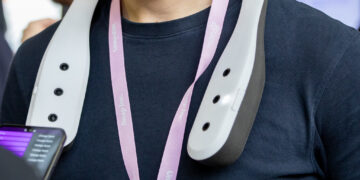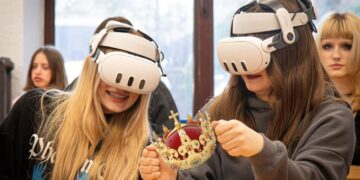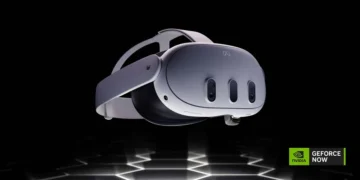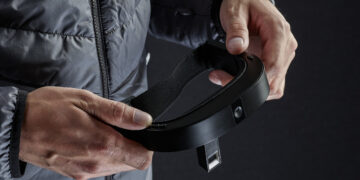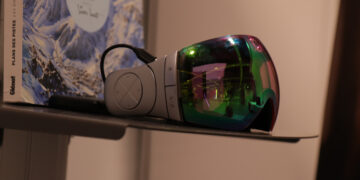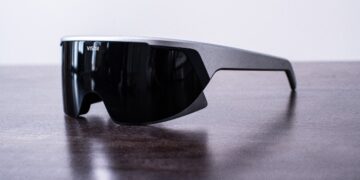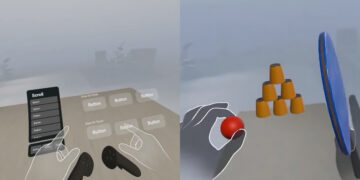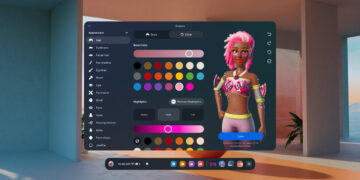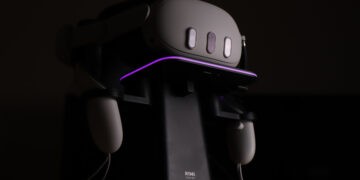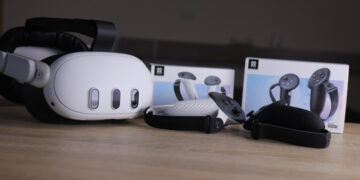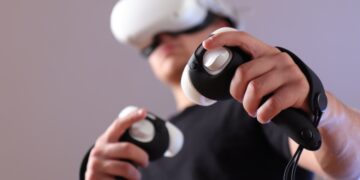Meta’s newest roadmap shows the new Quest headsets – Ventura and La Jolla
Meta, the tech company behind the popular Quest VR headset, has some exciting plans for the future of virtual and augmented reality. The Verge reported recently about an internal presentation in Meta, which occurred on Tuesday this week. In a recent presentation, Mark Rabkin, Vice President for VR at Meta, unveiled details about two upcoming headsets: the more accessible Ventura and the advanced La Jolla.
According to Rabkin, the Ventura headset will be the most accessible VR (or Mixed Reality) headset. It will be cheaper than Meta Quest 3, but the question is how Meta will achieve that.
The most obvious thing that Meta can do is to ship the headset without controllers. This would mean that most VR content will be inaccessible for these headset users because most VR games require controllers. That would make Ventura similar to the Oculus Go, which was released back in 2018. The Oculus Go was a 3-DOF VR headset that could only be used to watch videos and play simple games.
On the other hand, this may not be the case this time. It is possible that Ventura will be a slightly inferior version of Quest 3. Most likely, this headset will have mixed reality capabilities, a depth sensor (because the only way to interact with the UI will be with your hands, so tracking needs to be good), and pancake lenses. It could be made with cheaper materials and lower-quality displays, along with no or Quest 2-like IPD adjustment, which was a three-step adjustment (58, 63, 68mm) to cut some costs.
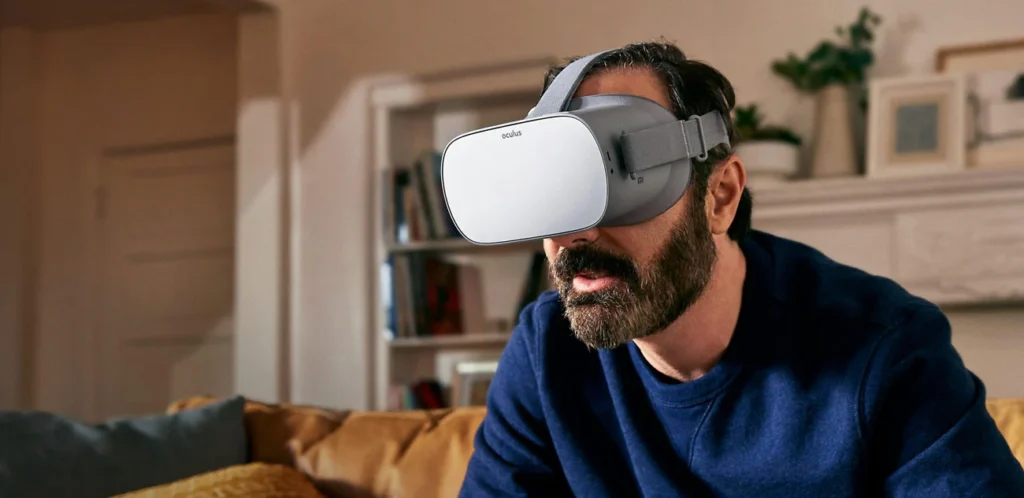
La Jolla – The Meta’s most advanced Mixed-Reality Headset
Rabkin did not mention whether a second generation of the recent Meta Quest Pro is in the works. However, he did hint that a successor to the Quest Pro is in the plans for the future, although it may be “way out in the future” after the release of the Ventura headset.
Meanwhile, the La Jolla is slated to be Meta’s most advanced headset yet, featuring very realistic, codec avatars, which is a photorealistic representation of a person in virtual reality. It’s created by scanning the person’s face and body and then using advanced algorithms to create a lifelike digital model. Apple is reportedly planning to do something similar, and they can achieve that by multiple cameras inside and outside the device, along with cameras facing down to scan your body and track the legs. It is highly possible that Meta will do something similar to achieve photorealistic codec avatars.
Rabkin explained that the company wants to focus on improving the resolution of the headset for work use, with the goal of making text and other details clearer and easier to read. Additionally, Meta plans to incorporate comfort features from the Quest Pro, such as the split architecture and head strap design, to ensure that users can comfortably wear the La Jolla for extended periods of time.
Meta has serious competition on the horizon – Apple with their ultra-light mixed reality headset with insane specs, Samsung with Google, and Qualcomm are working on their mixed reality headset, similar to what Apple has to offer. It is almost sure that Meta wants to create a high-end headset with micro-oled displays, ultra-light and compact design by removing the battery from the device, and also most probably upgrade the chip in their most advanced product to something more powerful, not a mobile chip that they are currently using.

